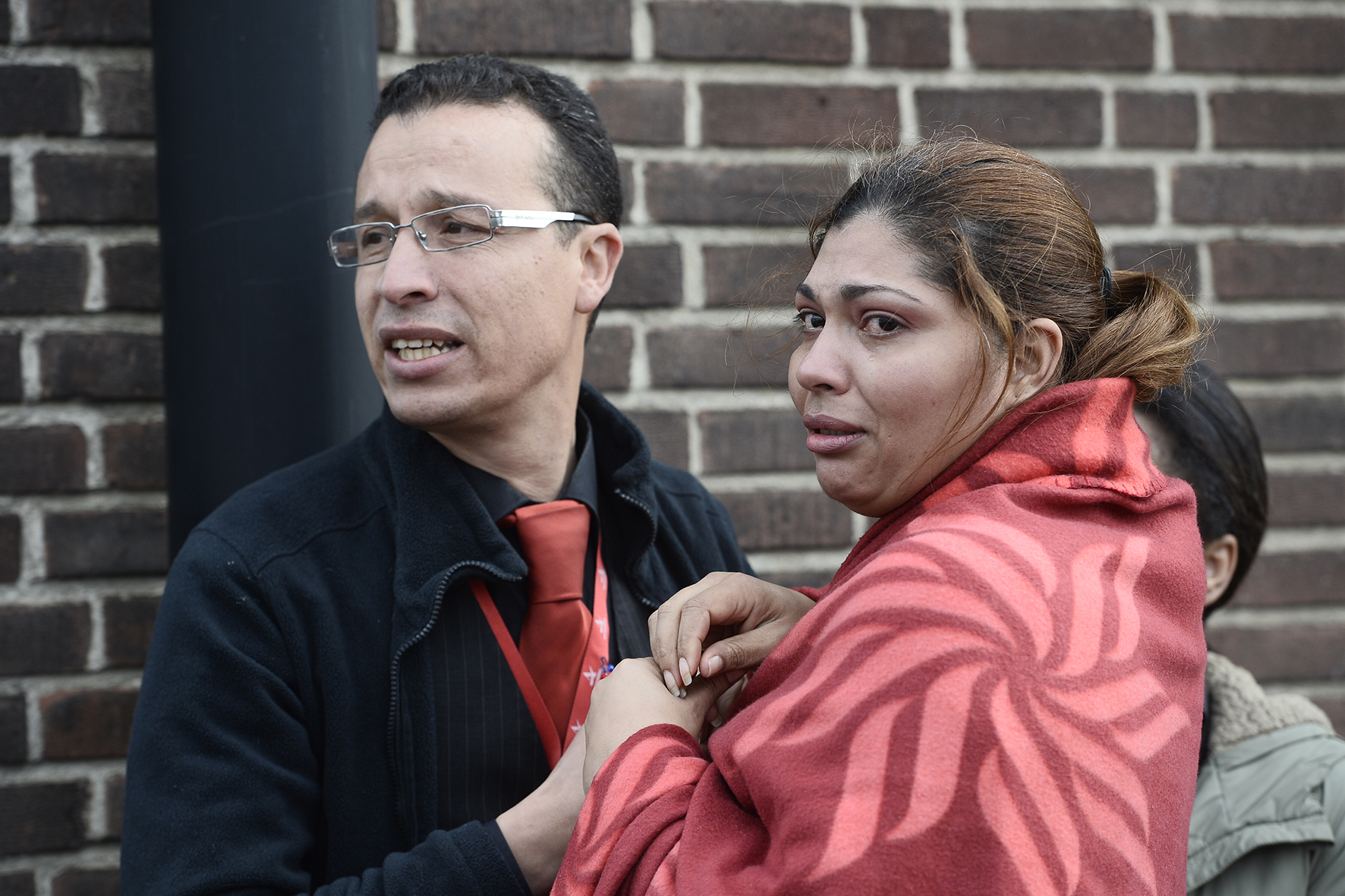After the Attacks
The Belgian capital was targeted as a symbol of a certain idea of Europe, which responds to the project of the founding fathers, made of coexistence, democracy and rights. Terrorism instead is sowing fear to reap the rewards: hatred, divisions, new walls, wars. The Old Continent to the test

Brussels is under siege after the attack at the airport and the subway. A city taken aback, armoured, and therefore deserted. Brussels 22 March 2016, just like Paris last November (Bataclan), as Paris in January 2015 (Charlie Hebdo) and, before then, again Brussels (the massacre at the synagogue, 2014), London (2005), Madrid (2004) … While the outlines of the tragedy caused by bombs in Zaventem and Maelbeek – areas frequented regularly by those living or working in the Belgian capital – are yet unclear, there is need for clarity on the identity of the terrorists and steadfastness is justly demanded in the face of blind, barbaric violence. At the same time there are those, probably interested in collecting cheap electoral consensus, who call upon the Western world to engage in a “holy war”, ordering the closure of all borders and the construction of an anachronistic “Fortress Europe.”
This is exactly what terrorism wants, under whichever banner, namely to spread fear, sow suspicion, instil resentment.
Because, from time immemorial, hate leads to more hatred, violence breeds violence. It’s the logic of Isis, which, while losing ground on the battlefields in Syria and Libya, shifts the focus on the check-ins of a European airport or on commuters of a crowded metro station. It is clear to all that is necessary to master the risk of terrorism and counter it with law enforcement, judiciary and, above all, intelligence: as promised by Belgian Prime Minister Charles Michel, as did a few months ago François Hollande. However, yesterday like today, it is equally clear that
a common threat can be faced only with a joint response: and this is why it is necessary to seriously undertake the path of European integration with practical implications in terms of security
to protect – with a concerted strategy by the 28 Member States – 500 million citizens with EU passport. On the other hand the over 30 people dead and the many injured in Brussels highlight at least two fixed points. The first:
It is a symbolic attack against Europe. In fact, it is an attack against the very idea of united Europe.
It is an attack against a project that took shape 70 years ago, after the abyss of World War II, to herald unprecedented peace, along with freedom, democracy and wellbeing in Europe. Those who imagine – such as terrorists, such as Isis or as certain powers that are more similar to anti-democratic regimes – a world in the grip of “a piecemeal World War III”, in which prevails the law of the strongest, strongly denounced by Pope Francis, consider the EU a dangerous symbol of peace and stability. The European Union has certainly many flaws and limits, yet it remains a very original, somewhat successful path for coexistence, a presidium of the rule of law recognized worldwide, where conflicts are settled within the realms of politics, diplomacy and law, not with machine guns, tanks or missiles. Even despite its wrongful uncertainties in terms of economic and emergency refugee crisis, Europe opens glimpses of the future, trying to find new ways, in spite of national egoisms and narrow-minded nationalisms present throughout the Old Continent and in the rest of the world. There is an equally relevant aspect that should be considered. If the goal of the Brussels’ assassins was to put the Western and Eastern worlds against each other, to put a society against the other, a religion against the other (marked by a mistaken understanding of religion, be it Islam or Christianity), then we should rationally undertake “for seventy times seven” the way of dialogue, of open debate, cultivating shared values that range from freedom to fundamental rights, from participatory democracy to the creation of bridges between peoples and States. The new walls erected inside Europe (including the suspension of the Schengen agreements) proceed along the line of conflict and the lack of respect of human dignity, notably of the most fragile, such as refugees and migrants. In the same way, there are insurmountable barriers inside European cities, marked by marginalized and not integrated social brackets or by abandoned peripheries. I
nstead, bridges are created by peoples and cultures that meet in the full respect of identity differences.
In the wake of sad news arriving from Brussels, Pope Francis and the European institutions of the Catholic Church (CCEE and COMECE), demand peace, mutual respect, practical actions for mutual support, as happens with other Christian confessions and within the major religions present in our continent. Authorities’ firm response should be coupled by this strenuous, stubborn, brave style of living focused on humanism. Or else, the risk is that Brussels will not be the last stage of those who want to destroy Europe along with all chances of global peace.